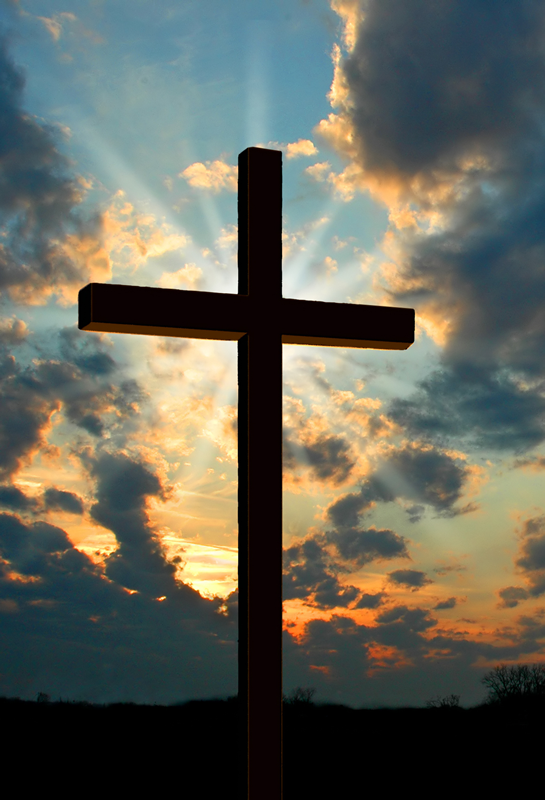Entering Canaan
Entering Canaan
Due to drought, their first experience with the promised land proved very trying. Being responsible for family, servants, herds, and cattle would have forced them to continue to travel until they found a proper habitation for their immediate needs. They soon found themselves far southerly within Egypt (Gen. 12:10).
Abraham was not completely honest concerning his and Sarah’s relationship with the Egyptians as he presented her as his sister, not his wife. Sarah must have been quite attractive as the Egyptians found her most favorable in appearance (Gen. 12:11-20). Impressed with her beauty, they informed the Pharoah of her presence. Used to having what he wanted, the Pharoah brought her into his own palace with the idea of having her as a wife/concubine. Only after blessing Abraham greatly with many servants and all sorts of valuable cattle did the Pharoah learn the truth and discover the awkwardness of the situation. Upon learning of the sin that was brought into his life, the Pharoah ordered them out but allowed them to keep their gifts.
After leaving Egypt, Abraham and Lot returned northerly into Canaan where they had stayed earlier. Their circumstances were greatly improved due to the Pharoah’s gifts (Gen. 12:8; 13:1). Both these men now possessed great wealth with many servants, cattle, and goods to better survive in a new home. Specifically, Gen. 13:2 speaks of the great wealth of Abraham. Only later in Gen. 13:5 is Lot also mentioned as having great wealth. The fact that Abraham is mentioned first as being very rich has no bearing on him being wealthier than Lot. Throughout the entirety of the Abraham and Lot accounts the writer’s focus is on Abraham. The fact that Scripture does not utilize the same exact description of Lot being very rich as it does with Abraham is little indication there would have been some major difference in wealth between these two. One point to be made here is that Gen. 13:2 does not mention Abraham possessing “tents” as it does concerning Lot at Gen. 13:5. Are we to assume that Abraham had many cattle and a lot of money but no tents to sleep in? Hardly. The same would apply to the descriptions of Lot. Since there is not a specific mention of Lot with any silver and gold as stated for Abraham, are we to assume that Lot had no money? Absurd. No, they both had become very blessed and are to be considered wealthy.
These two were a team. Against a hateful backdrop, they had left Ur together. Many unstated events must have surely happened along the long journey that had brought them all the way to Egypt and back northward. These experiences must have forged a strong bond between the men. How often had they protected their lives and property from wild animals during any given night? They mourned together as their aged father Terah died. They sacrificed together as brethren towards their great God. They had each other’s back all the way through their many experiences and travels.
Before moving on, an issue should be considered here for a moment concerning where Scripture states that Lot had tents. Why would he have needed tents? Certainly tents are for people to rest and reside within. However, what people? Could Lot have needed the tents as living quarters for his numerous servants? Or, is it possible that Lot had his own family as well by now? As we progress, it will become more apparent that Lot very likely had more than just servants in need of tents. We assert that Lot already had a core family of his own.
Righteous Lot: Forgotten Hero

